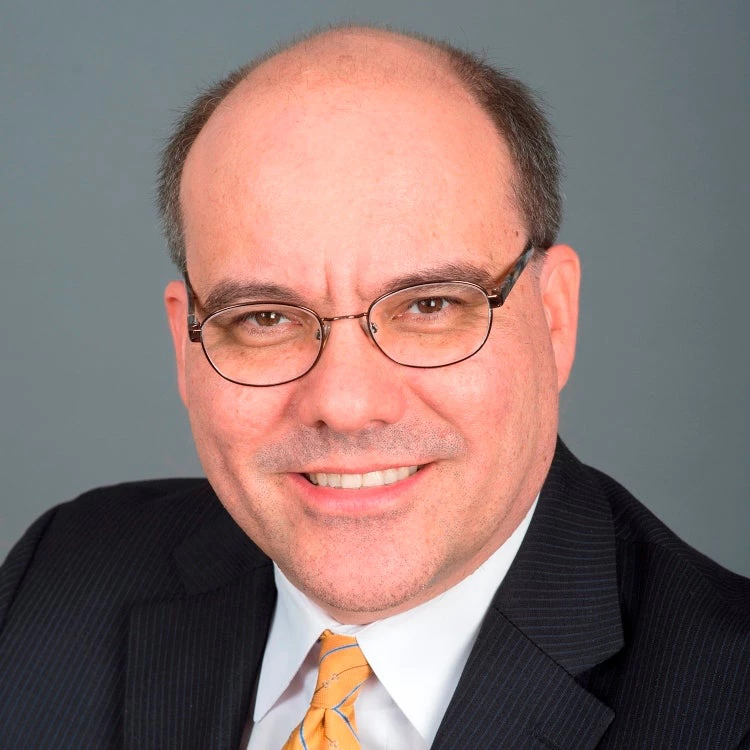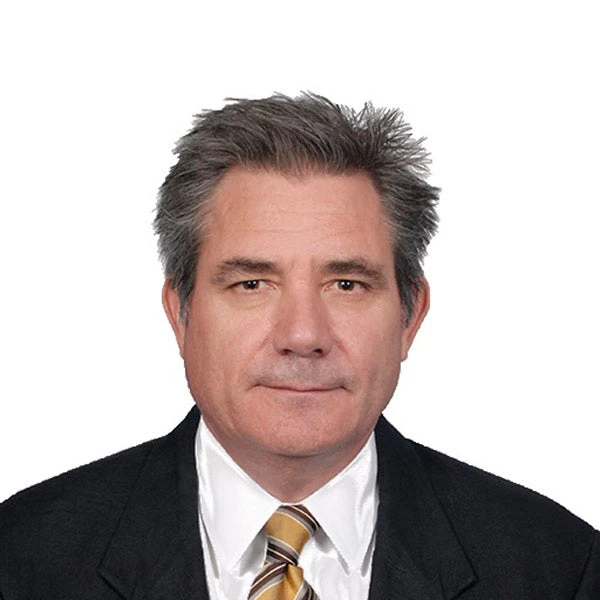The United Nations has designated 31 October as World Cities Day to highlight the many challenges and opportunities of global urbanization.
In his new video blog series, Ede Ijjasz-Vasquez, Senior Director of the World Bank’s Social, Urban, Rural and Resilience Global Practice (GPSURR), speaks with urban development specialists about what it takes to build sustainable cities – communities that are environmentally-friendly, competitive, inclusive, and resilient to disasters of today and disasters of tomorrow.
Ede Iiasz-Vasquez: Everyone is talking sustainable development goals, and climate change, and a lot of the tremendous infrastructure needs that cites have. So how do we see all of that in context? Can cities handle that?
Roland White: Well, I think the answer is: not alone. First, a major contribution will have to be made by national governments to provide fiscal transfers to cities for investment and infrastructure, particularly in climate and green infrastructure. That’s a major need. The international community also has a major role here. And efforts are underway in order to do that — things like the Transformative Asset Carbon Facility are being formed.
This will be able to pay for investments with significant carbon emission reductions, and these will be available at the city level as well the national level.
Ede Ijjasz-Vasquez: But for cities, step number one is to have your books in order, and we don’t have many cities have that clarity. So what do we do about that?
Roland White: For cities to raise any finance, including green finance, a number of things have to be in place. And the first, as you point out, is that they must have their internal houses in order.
They have to have reasonably clear municipal accounting systems. They have to have a balance sheet so that they can service their debt service obligations going forward, and they have got to have bankable projects.These are things that are largely under the control of cities themselves.
In addition, if a city is going to borrow, there has to be some kind of regulatory framework for them to borrow. Investors have to be able to assess and quantify risks.They have got to be able to figure out what happens if a city defaults on one of its debt obligations, and so on. And these are all legal and regulatory matters that are under national control. National governments have to take more steps in order to be able to clarify systems of that kind to promote expanded volumes of finance going from private markets into cities -- for infrastructure in general, and specifically for green finance.
Ede Ijjasz-Vasquez: Are green bonds the panacea? Are we going to move in that direction? Are we ready to launch into massive green bond issuances with cities?
Roland White: The short answer is that in much of the developing world — no.
I like to say that before a city can issue a green bond it has to be able to issue a bond – any type of bond.
Although they are getting richer and richer throughout the developing world, cities in many countries don’t yet really have the capacity to borrow. Once they start getting those capacities in terms of an improving regulatory environment, then I am sure we will begin to see greater activity around green financing and green bonds and so on.
Ede Ijjasz-Vasquez: And this is precisely this is what ties this to our series on sustainable communities. Part of our message is that if a city is going to be truly sustainable or low carbon, yes, green bonds might be the solution, but there is a lot homework on the financial side to be able to issue the bond, then on the planning and investment side to make sure that investments are part of a sustainable, low-carbon path strategy.
Roland White: Absolutely. The other part of the equation is also the investor community side. Because often cities are raising green bond finance on the basis of an appeal to investors on a non-purely bottom line rationale. In other words, they are asking investors to perhaps take 25 basis points less on the coupon on the bond than they would for some other bond because it is going to these purposes. We need to identify who these investors are, and to build the kind of accreditation systems they need in order to be able to issue those bonds with confidence.
Ede Ijjasz-Vasquez: A sustainable community that doesn’t have sustainable sources of financing doesn’t work. Roland, thank you very much. Nice talking to you.
Roland White: Thank you, Ede.
If you would like to watch more videos, please visit the Sustainable Cities blog or join the conversation adding your voice to the Sustainable Communities blog series.



Join the Conversation